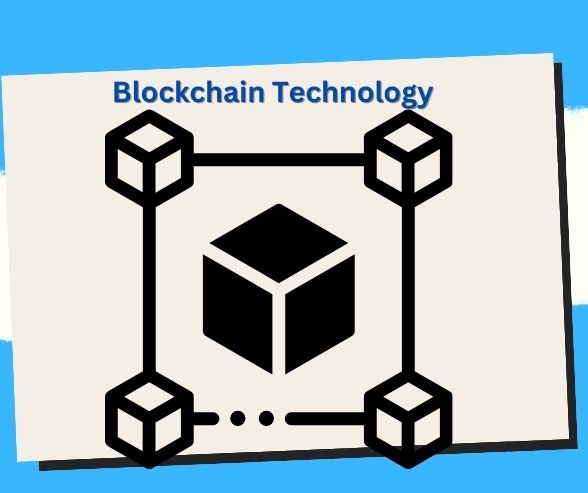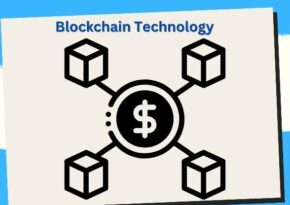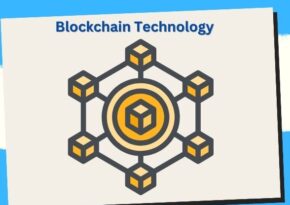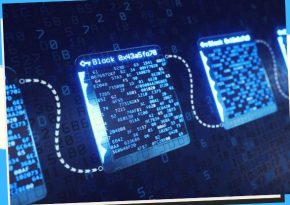
🚀 Beyond Centralization: Exploring How Decentralization Defines Blockchain’s Destiny! 💡
🚀 Beyond the confines of centralization – dive into how decentralization shapes the destiny of blockchain’s evolution! 💎🌍
Decoding the Power of Decentralization in Shaping Blockchain Destiny 🌐
The Decentralization Paradigm
In the intricate web of blockchain’s DNA, one strand stands out as the driving force reshaping industries and redefining trust—decentralization. It’s the beating heart of blockchain, propelling a paradigm shift from centralized authority to distributed consensus. Join me on an illuminating journey as we unravel the profound impact of decentralization on the landscape of blockchain technology.
Defining Decentralization
At its core, decentralization liberates power from the clutches of centralized authorities, dispersing it among a network of participants. In blockchain, this translates into a distributed ledger, where transactions and data reside on multiple nodes rather than a single entity’s servers. This democratized structure forms a resilient foundation, impervious to single points of failure or control.
Trust Through Consensus
Decentralization harmonizes with consensus mechanisms, fostering trust among disparate participants. Traditional systems rely on a central authority to validate and oversee transactions. Blockchain disrupts this norm, employing consensus algorithms—like Proof of Work (PoW) or Proof of Stake (PoS)—where nodes collectively verify and agree on the validity of transactions. This shared agreement mechanism cultivates trust without the need for intermediaries.
Security in Numbers
The decentralized nature of blockchain fortifies its security. A distributed ledger spread across countless nodes renders it inherently resilient against cyber-attacks or data manipulation. Altering data in one node would contradict the consensus across the network, swiftly exposing any malicious intent. This decentralized redundancy shields the system from vulnerabilities and ensures data integrity.
Empowerment and Inclusivity
Decentralization transcends technology; it’s a catalyst for empowerment and inclusivity. By eliminating centralized gatekeepers, blockchain opens doors for global participation. It empowers individuals and communities, granting access to financial services, ownership rights, and opportunities traditionally out of reach. Decentralized finance (DeFi) and tokenization epitomize this democratization, reshaping economic landscapes worldwide.
Challenges and Evolution
While decentralization heralds a new era of trust and transparency, it’s not without challenges. Scalability, energy consumption, and regulatory concerns pose hurdles. Innovators tirelessly work to address these limitations, exploring solutions like sharding, layer-two protocols, and eco-friendly consensus mechanisms. The evolution of blockchain navigates these challenges, striving for a balance between decentralization and practical scalability.
Conclusion: Decentralization – A Catalyst for Transformation
Decentralization is the North Star guiding the evolution of blockchain technology. Its influence transcends the confines of technology, fostering trust, inclusion, and resilience. It’s a beacon illuminating a path toward a more equitable, transparent, and empowered future.
As we navigate the labyrinthine corridors of technology, let us embrace the transformative potential of decentralization. Let’s champion its virtues, innovating and collaborating to harness its power for a world where trust is distributed, opportunities abound, and individuals hold the reins of their destinies.
Join the Conversation! 🌟
What’s your perspective on the impact of decentralization in shaping blockchain? Share your thoughts, experiences, or questions in the comments below! Let’s continue this engaging dialogue on the pivotal role of decentralization in sculpting the future of technology. 💡
Key Phrases 📈🌍🌐
Decentralization in Blockchain
Shaping Blockchain Architecture
Distributed Network Impact
Peer-to-Peer Governance
Decentralized Applications Influence
Trustless Systems in Blockchain
Network Consensus Models
Decentralization and Digital Sovereignty
Peer Consensus Dynamics
Decentralization’s Role in Blockchain Evolution
Best Hashtags
#Decentralization #BlockchainArchitecture #DistributedNetworks #PeerToPeer #TrustlessSystems #dApps #NetworkConsensus #DigitalSovereignty #PeerConsensus #BlockchainEvolution
Save/Share this story with QR CODE
Disclaimer
This article is for informational purposes only and does not constitute endorsement of any specific technologies or methodologies and financial advice or endorsement of any specific products or services.
📩 Need to get in touch?
📩 Feel free to Contact NextGenDay.com for comments, suggestions, reviews, or anything else.
We appreciate your reading. 😊Simple Ways To Say Thanks & Support Us:
1.) ❤️GIVE A TIP. Send a small donation thru Paypal😊❤️
Your DONATION will be used to fund and maintain NEXTGENDAY.com
Subscribers in the Philippines can make donations to mobile number 0917 906 3081, thru GCash.
3.) 🛒 BUY or SIGN UP to our AFFILIATE PARTNERS.
4.) 👍 Give this news article a THUMBS UP, and Leave a Comment (at Least Five Words).
AFFILIATE PARTNERS

World Class Nutritional Supplements - Buy Highest Quality Products, Purest Most Healthy Ingredients, Direct to your Door! Up to 90% OFF.
Join LiveGood Today - A company created to satisfy the world's most demanding leaders and entrepreneurs, with the best compensation plan today.



 Business Technology, Finance Technology & Information Technology
Business Technology, Finance Technology & Information Technology





